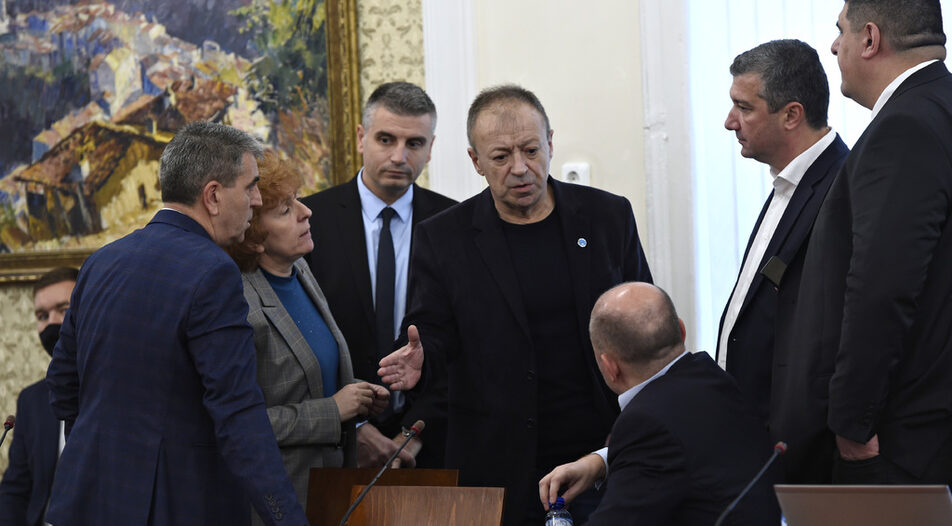On Wednesday the new National Assembly created a huge debacle when it tried to bar the increase of prices for water, electricity and heating. Initially, the National Assembly voted by an overwhelming majority of 186 votes - almost all MPs from the main factions apart from MRF - for a total moratorium on the increase of utilities prices from 1 January 2022.
The proposal came from the speaker of the GERB group, Dessislava Atanassova but was dubbed as illegitimate by MRF MP Ramadan Altay, as it did not have an end date and would have interfered with the authority of the independent Energy and Water Regulation Committee (KEVR). Then, in the afternoon, an emergency committee on the topic was created, which finally decided on a new proposal:
Parliament to revisit its decision for moratorium on utility price hikes and set an end date for 31 March 2022
In the end, the emergency committee decided that Parliament ought to vote on a new proposal tomorrow, which would freeze utility prices at the rates as they stand on 16 December 2021 and will remain in place until 31 March 2022. Cabinet speaker Lena Borislavova said that KEVR's authority over utility price control might be rolled back for three months in order to create a "breathing space" for experts and political representatives to tackle the energy prices crisis. The parliamentary decision halted discussions within the energy regulator for January price increases of 12.8 percent for heating and 11.5 for electricity.
Inflation rate reaches 7.3 percent - a ten-year high
The increase in the prices of goods and services in the consumer basket of Bulgarians has reached a new record, as the National Statistics Institute (NSI) reported an inflation rate of 1.4 percent in November alone, while on an annual basis the inflation rate has reached 7.3 percent, the highest in 10 years.
In the last 12 months, the sharpest rise in prices has been in the transport sector - by 22 percent due to the rise in the price of liquid fuels, followed by a 10 percent increase in utilities. Food products, which occupy the largest share in the Bulgarian consumer basket, have risen by 7.2 percent in one year. Prices of restaurants, hotels, entertainment and culture have risen between 5 and 10 percent.
Unemployment rate up 0.1 percent in November, down 1.9 percent year-on-year
The unemployment rate in November was 4.8 percent, Employment Agency data shows. Compared to the previous month, it was up by 0.1 percent, but compared to the rates recorded in November of last year it was down by 1.9 percent. Compared to the end of November 2019, which was a record year in terms of employment, the unemployment rate also fell significantly - by 1 percent. The registered unemployed at the end of November of this year stood at just over 158,000, which is about 3,000 more compared to October and 60,000 fewer than a year earlier.
On Wednesday the new National Assembly created a huge debacle when it tried to bar the increase of prices for water, electricity and heating. Initially, the National Assembly voted by an overwhelming majority of 186 votes - almost all MPs from the main factions apart from MRF - for a total moratorium on the increase of utilities prices from 1 January 2022.
The proposal came from the speaker of the GERB group, Dessislava Atanassova but was dubbed as illegitimate by MRF MP Ramadan Altay, as it did not have an end date and would have interfered with the authority of the independent Energy and Water Regulation Committee (KEVR). Then, in the afternoon, an emergency committee on the topic was created, which finally decided on a new proposal:












